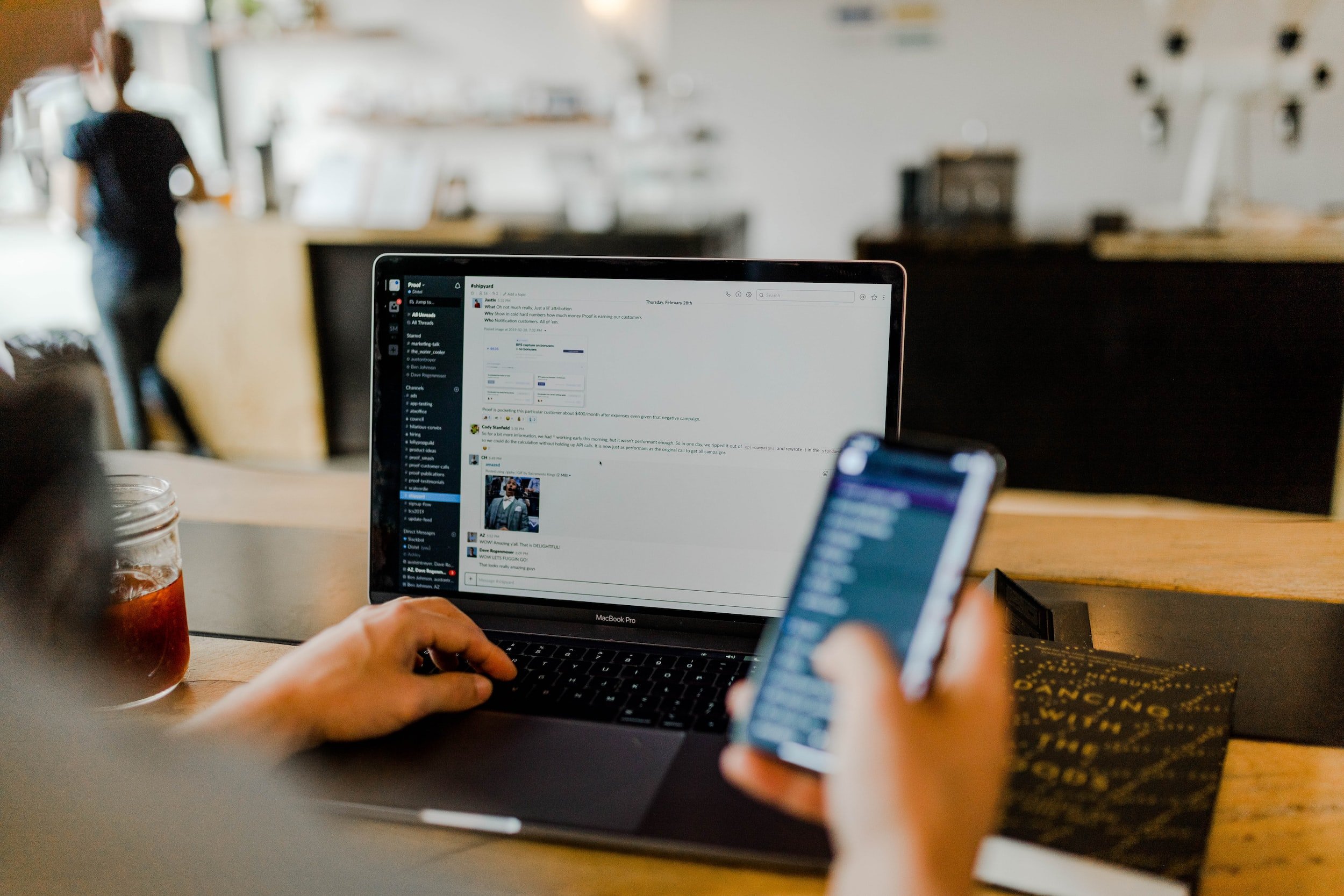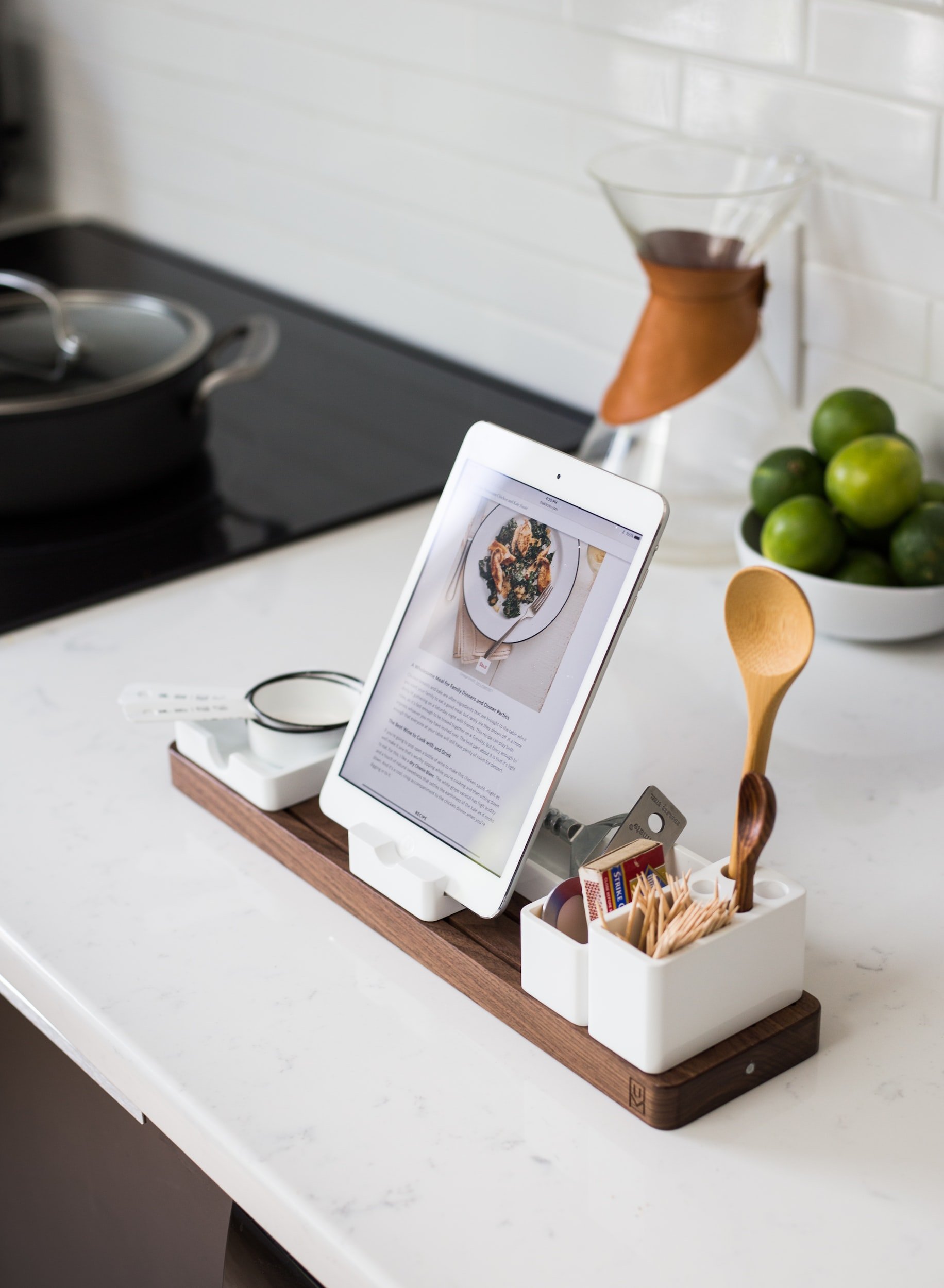Organizing Tips for Military Families on the Move
/San Diego, with its vibrant military community, has been a backdrop for my journey in assisting numerous military families with their organizing needs. Whether they're transitioning to a new station, settling down in San Diego, or embarking on retirement, I've had the privilege of guiding them through their organizational challenges. The unique lifestyle of military families, marked by frequent relocations, presents a distinct set of needs when it comes to organization. They face crucial decisions about what to pack, what to part with, and how to maintain a sense of calm amidst the upheaval of moving. My role has been to help them navigate these transitions smoothly, ensuring they feel prepared, unburdened, and ready to embrace each new chapter.
Decluttering as a Lifestyle: Regular decluttering is essential for military families. It's not just about preparing for the next move; it's about creating a home environment that feels peaceful and joyful, no matter where you are. Adopting principles from the KonMari method, ask yourself if each item in your home sparks joy. If it doesn't, thank it for its service and let it go. This approach not only simplifies packing and unpacking but also ensures that your home always reflects what's truly important to you.
Related: How organization and cleanliness foster mental well-being
The Joy of Keeping Only What Matters: Each move is an opportunity to reassess what's necessary in your life. Keeping only what sparks joy means your belongings have a purpose, whether functional or sentimental. This practice can significantly reduce the stress associated with moving, as you'll only be handling items that contribute positively to your life. Moreover, it teaches all family members, especially children, the value of simplicity and cherishing what they have.
Reducing Your Carbon Footprint: Moving frequently can have a significant environmental impact, but mindful moving practices can help reduce this. Opt for eco-friendly packing materials, like biodegradable bubble wrap or recycled boxes, and consider the carbon footprint of your moving company. Donate items you no longer need instead of throwing them away, ensuring they find a second life with someone who needs them. This not only declutters your home but also supports a more sustainable lifestyle.
Related: Use this, not that for organizing your home
Why Storing Isn't Always the Answer: While storage units can seem like a convenient solution for what doesn't fit in your current home, they often become out-of-sight, out-of-mind spaces for items that no longer serve us. Before deciding to store something, consider whether it adds value to your life. Frequent moves are an opportunity to live more intentionally, keeping only what you love and need.
Copyright © 2024 by Tidy Closet, Professional Organizer in San Diego and surrounding areas.



















